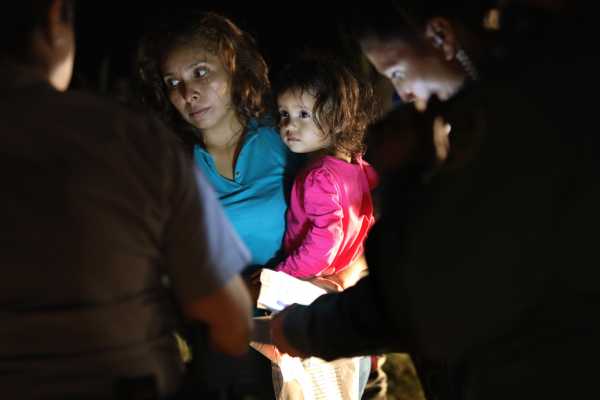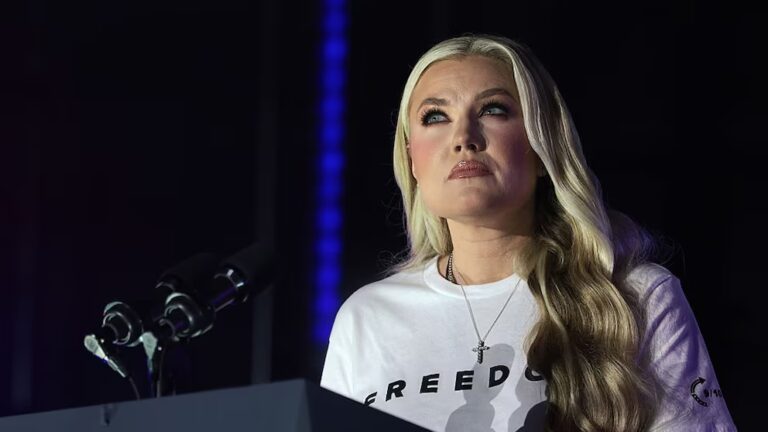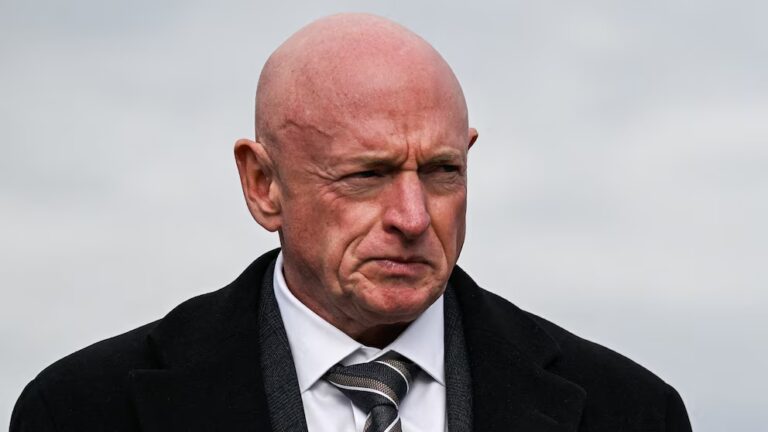
As the Trump administration released information about shelters where migrant children are being held this past week, one question kept coming up again and again: Where are the babies and toddlers?
A new Associated Press report offers some answers. According to the AP’s Garance Burke and Martha Mendoza, the youngest of the children who’ve been affected by the administration’s “zero tolerance” policy — which has forced the separation of children from their parents — are being housed in at least three “tender age” shelters in South Texas.
The Trump administration’s “zero tolerance” policy prosecutes any adult coming into the US illegally. Adults being prosecuted are held in federal jail while awaiting trial, and children can’t stay with their parents in federal jail, leading to family separations. More than 2,300 children have been separated from their parents since May, according to US Customs and Border Protection (CBP). The policy has drawn overwhelming backlash, with critics calling it “cruel,” “immoral,” and “inhumane.”
As required by law, children who are separated from their families and deemed unaccompanied minors must be transferred to the custody of Department of Health and Human Services (HHS) within 72 hours of being detained. At that point, these children are moved from a border detention center into an HHS facility.
Earlier this week, CBP and HHS disclosed video and photos of some of the locations that are being used — including chilling images that showed children held in metal enclosures closely resembling cages. ProPublica also released heart-wrenching audio of children sobbing at a detention center after they had been separated from their parents.
The “tender age” shelters are designed to house children younger than the age of 13, including some who are under 5.
“We have specialized facilities that are devoted to providing care to children with special needs and tender-age children as we define as under 13 would fall into that category,” HHS official Steven Wagner told the AP. “They’re not government facilities per se, and they have very well-trained clinicians, and those facilities meet state licensing standards for child welfare agencies, and they’re staffed by people who know how to deal with the needs — particularly of the younger children.”
HHS has plans to add a fourth “tender age” shelter in Houston — an expansion that comes as the agency experiences an influx of young children in its custody. As the AP points out, the establishment of such shelters is taking place decades after the US government shut down the use of orphanages because of concerns about the trauma such facilities could cause children.
The younger the children are, the more serious such trauma can be, as Vox’s Dylan Scott reports. Experts say that separation and the subsequent experiences that follow likely lead to heightened stress levels, developmental delays, and illnesses that could impact children for years to come.
“The younger the child is and the longer they are in this kind of situation, the more difficult it is to reverse it,” he writes.
Sourse: vox.com






